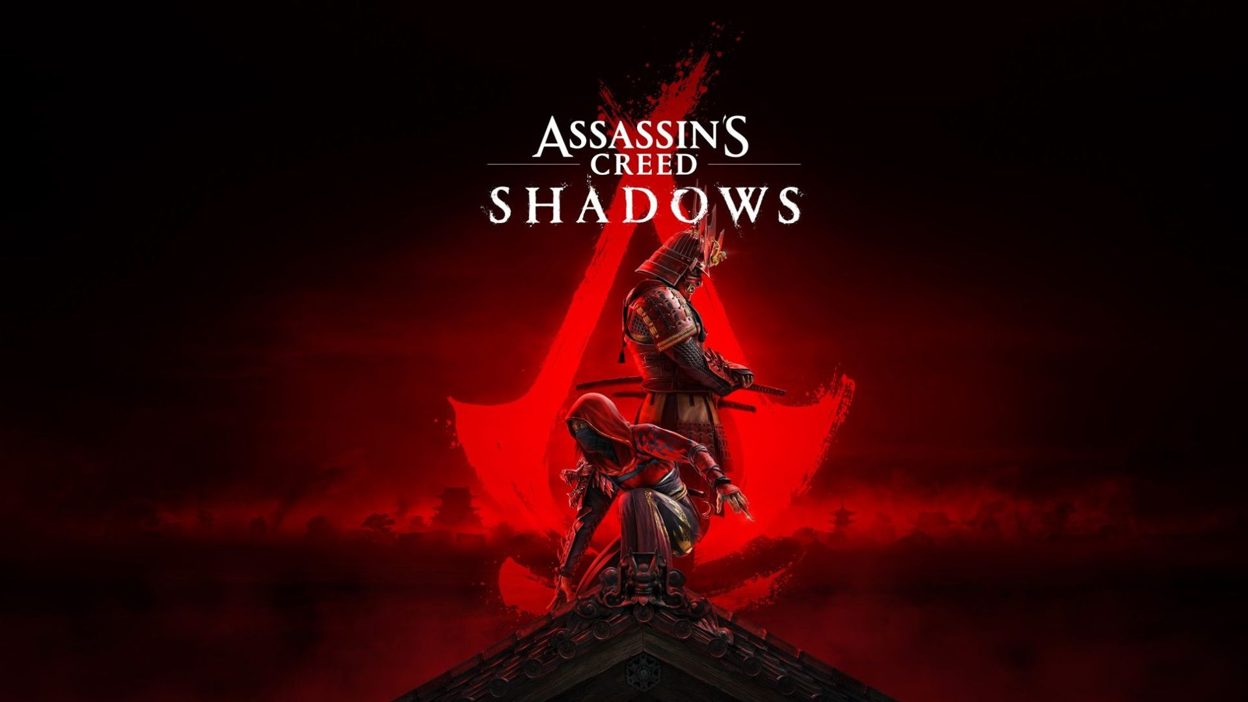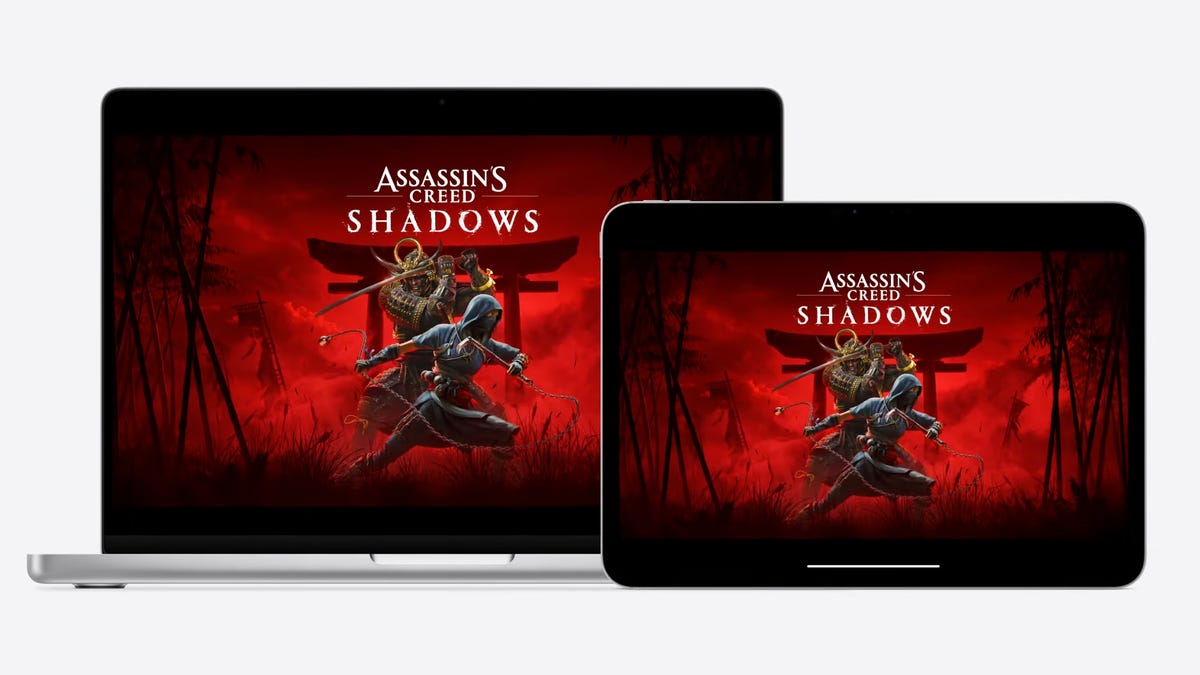Alright, so I heard about the new Assassin’s Creed game, Shadows, set in Japan. Looks pretty cool, right? Naturally, being mostly a Mac user these days, the first thing that popped into my head was, “Can I even run this thing on my machine?” So, my weekend project became figuring that out, or at least trying to prepare for it.

First step, the obvious one. I hit the web, searched around for “Assassin’s Creed Shadows macOS” or “Assassin’s Creed Shadows Mac release”. Found the official pages, looked at platform listings on store sites. No dice. Nothing mentioning an official macOS version. That’s usually how it goes, but you gotta check.
Exploring the Options
Okay, no native version. That means it’s time for workarounds. I’ve been down this road before with other games. My usual suspects are:
- Boot Camp (if you have an Intel Mac)
- Virtualization like Parallels Desktop or VMware Fusion
- Compatibility layers like CrossOver or Wine
- Maybe Apple’s own Game Porting Toolkit (GPTK)
Diving In: Attempt One – Boot Camp
My main Mac is an older Intel model, so Boot Camp Assistant is right there. This usually gives the best performance for Windows games because it runs Windows natively. So, I backed up my stuff, ran Boot Camp Assistant, partitioned my drive – gave Windows a decent chunk of space thinking about game installs. Then I went through the whole Windows installation process. Took a while, updates and all that.
Once Windows was up and running, I installed the necessary drivers from Boot Camp Assistant. Then I downloaded and installed Ubisoft Connect, their game launcher. Signed in. Obviously, Shadows isn’t out, so I couldn’t install it. But to test the setup, I installed another fairly demanding Ubisoft title I own. It ran, performance was… okay. Not amazing on my hardware, but playable. The big downside? Having to shut down macOS and reboot into Windows every time I want to play. It breaks the workflow, you know?
Trying Virtualization: Parallels Desktop
Next up, I decided to try Parallels Desktop. I already have it installed for other Windows software. Fired it up, created a new Windows virtual machine. Installation was quicker inside Parallels. Got Windows running, installed Ubisoft Connect again inside this virtual Windows. Then I tried that same test game.
Performance? Yeah, it took a hit compared to Boot Camp. Noticeably choppier. Parallels is super convenient because you run Windows alongside macOS, no reboot needed. You can just switch between them. But that convenience comes at the cost of performance, especially for high-end 3D games. For something brand new and likely very demanding like Shadows, I’m not optimistic about getting good framerates this way. It’s just asking too much from the virtualization layer.
Compatibility Layers: The CrossOver Route
Alright, what about avoiding Windows entirely? That’s where CrossOver comes in. It’s based on Wine, trying to translate Windows commands to macOS commands on the fly. I have CrossOver installed too. So, I created a new “bottle” (that’s what they call the environment) for Ubisoft Connect. Found some guides online, installed Ubisoft Connect using CrossOver.
It installed, which is a good first step. The launcher ran. But this is always the tricky part. Getting the launcher running is one thing, getting a complex modern game running is another. These games often have anti-cheat software or weird dependencies that compatibility layers struggle with. Especially new releases. For Shadows, I feel like this is a long shot. It might work someday if the community figures out tweaks, but unlikely right at launch, and performance could be all over the place.

Checking Out Apple’s Game Porting Toolkit (GPTK)
Then I remembered Apple released that Game Porting Toolkit last year. It’s also based on Wine, but with Apple’s own magic sauce to translate DirectX 12 games. Seemed promising. I looked into using it. Downloaded the tools, followed some online tutorials. It’s definitely more technical, aimed at developers really. You’re running commands in the Terminal.
I tried setting it up and running my test game through it. It was a bit clunky, took some effort. Performance was actually surprisingly decent for the test game, maybe somewhere between Parallels and Boot Camp, leaning closer to Boot Camp sometimes. But again, it felt fragile. And support for specific games varies wildly. Will Shadows work with GPTK? Who knows. Might depend on anti-cheat again, might need specific patches. It’s not a simple click-and-play solution right now.
So, What’s the Verdict for AC Shadows on Mac?
After spending time trying these different methods, here’s where I landed:
- No easy, official way: First off, Ubisoft hasn’t announced Mac support. So no native version is planned currently.
- Boot Camp (Intel Macs): Still likely the best bet for performance if you have an Intel Mac and don’t mind installing and rebooting into Windows. But even then, depends on your hardware specs.
- Parallels/VMware: Probably too slow for a demanding new game like Shadows. Convenience isn’t worth it if the game runs like a slideshow.
- CrossOver/Wine: A gamble. Might work eventually, might not. Performance and anti-cheat are big unknowns.
- GPTK: Interesting tech, maybe the future, but currently complex and game compatibility is hit-or-miss. Not user-friendly yet.
Basically, getting Assassin’s Creed Shadows running well on macOS at launch looks unlikely unless Ubisoft surprises us with a native port. For now, my prep work showed me the potential paths, but none are guaranteed or ideal. I guess I’ll have to wait and see what the community discovers after release, or maybe dust off my old console if I really want to play it without hassle. It’s the usual adventure of being a Mac gamer, always tinkering and hoping!

















